TNM Classification of Malignant Tumours
Published by the Union for International Cancer Control, the TNM Classification of Malignant Tumours is a globally recognised standard for classifying the extent of spread of cancer.
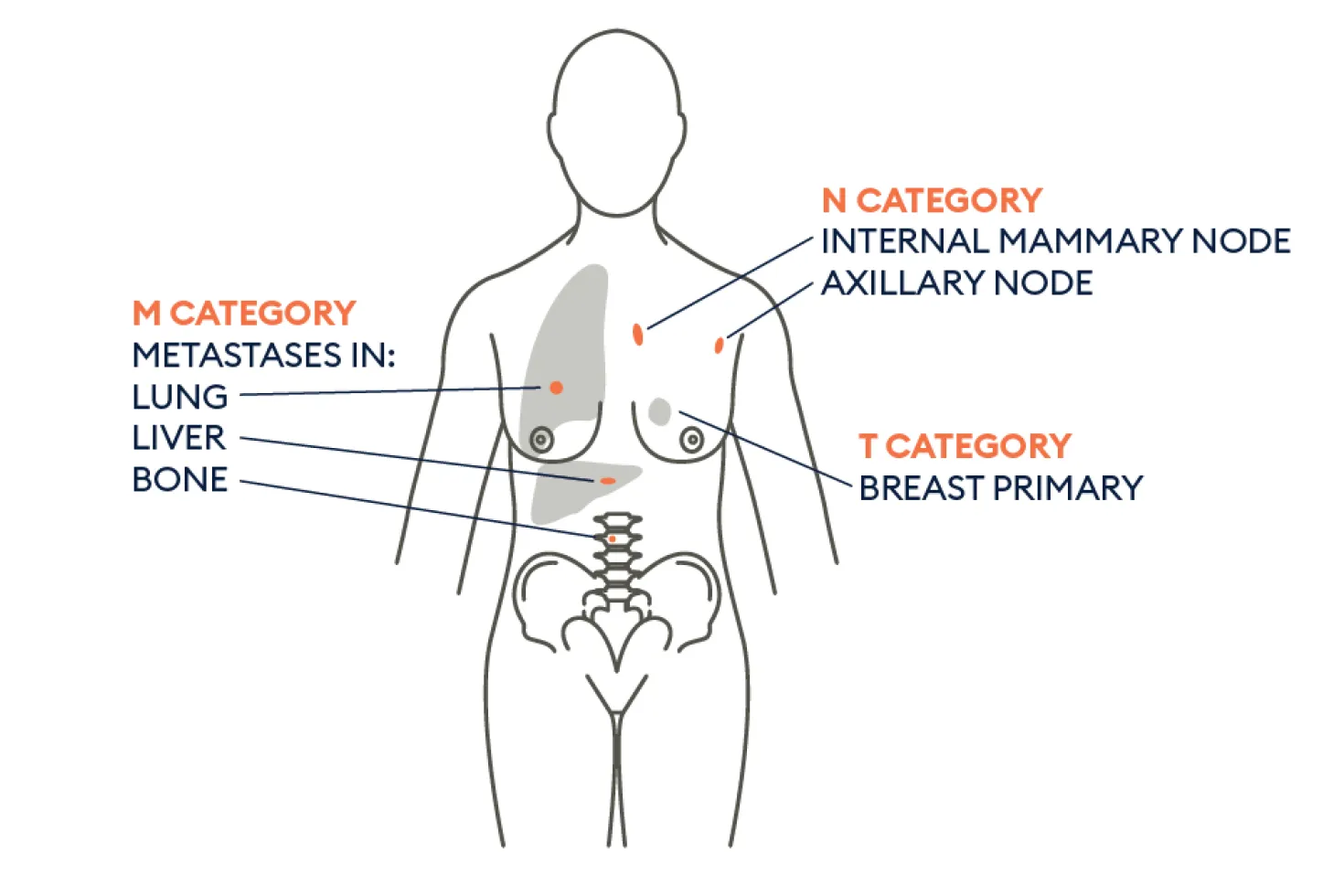
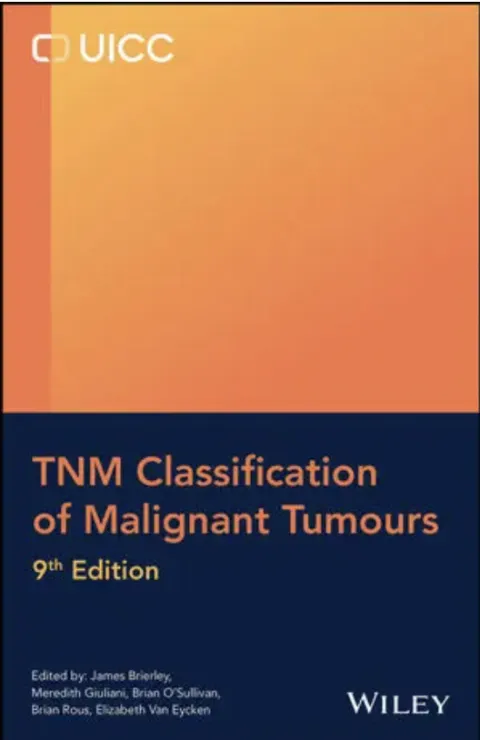
The classification of cancer by anatomic disease extent, i.e. stage, is the major determinant of appropriate treatment and prognosis. Stage is an increasingly important component of cancer surveillance and cancer control and an endpoint for the evaluation of the population-based screening and early detection efforts.
UICC has maintained and published the UICC TNM Classification of Malignant Tumours for over 70 years. The UICC TNM classification is the internationally accepted standard for cancer staging.
The TNM classification is an anatomically based system that records the primary and regional nodal extent of the tumour and the absence or presence of metastases.
UICC Podcast on TNM
What does TNM stand for?
Each individual aspect of TNM is termed as a category:
- T category describes the primary tumour site and size
- N category describes the regional lymph node involvement
- M category describes the presence or otherwise of distant metastatic spread
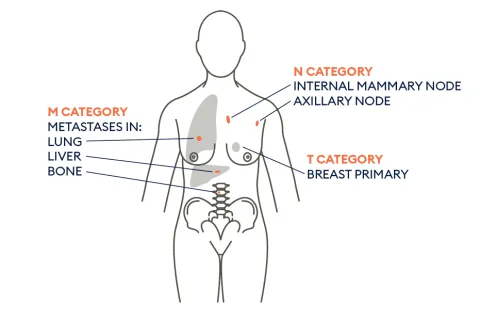
The TNM Classification of Malignant Tumours, 9th Edition, published in 2025 provides the latest, internationally agreed-upon standards to describe and categorize cancer stages and progression.
(UICC members have a discount on UICC's publications published by Wiley).
Why adopt the TNM cancer staging system?
The UICC TNM staging system is the common language in which oncology health professionals can communicate on the cancer extent for individual patients as a basis for decision making on treatment management and individual prognosis but can also be used, to inform and evaluate treatment guidelines, national cancer planning and research.
More specifically, the objectives of the TNM classification are the following:
- Aid treatment planning,
- Provide an indication of prognosis,
- Assist in the evaluation of treatment results,
- Facilitate the exchange of information between treatment centres,
- Contribute to continuing investigations of human malignancies,
- Support cancer control activities, including through cancer registries.
The TNM classification is a unified standard and is a prerequisite for ensuring the quality of care in all resource-settings. It goes beyond clinician practice and constitutes vital information for policy-makers developing or implementing cancer control and prevention plans and it is therefore important to include the TNM classification as part of cancer registration.
Any questions?
Please download the FAQ's page for answers to your questions on cancer staging. If you do not find the answer to your question, you can contact the TNM helpdesk:
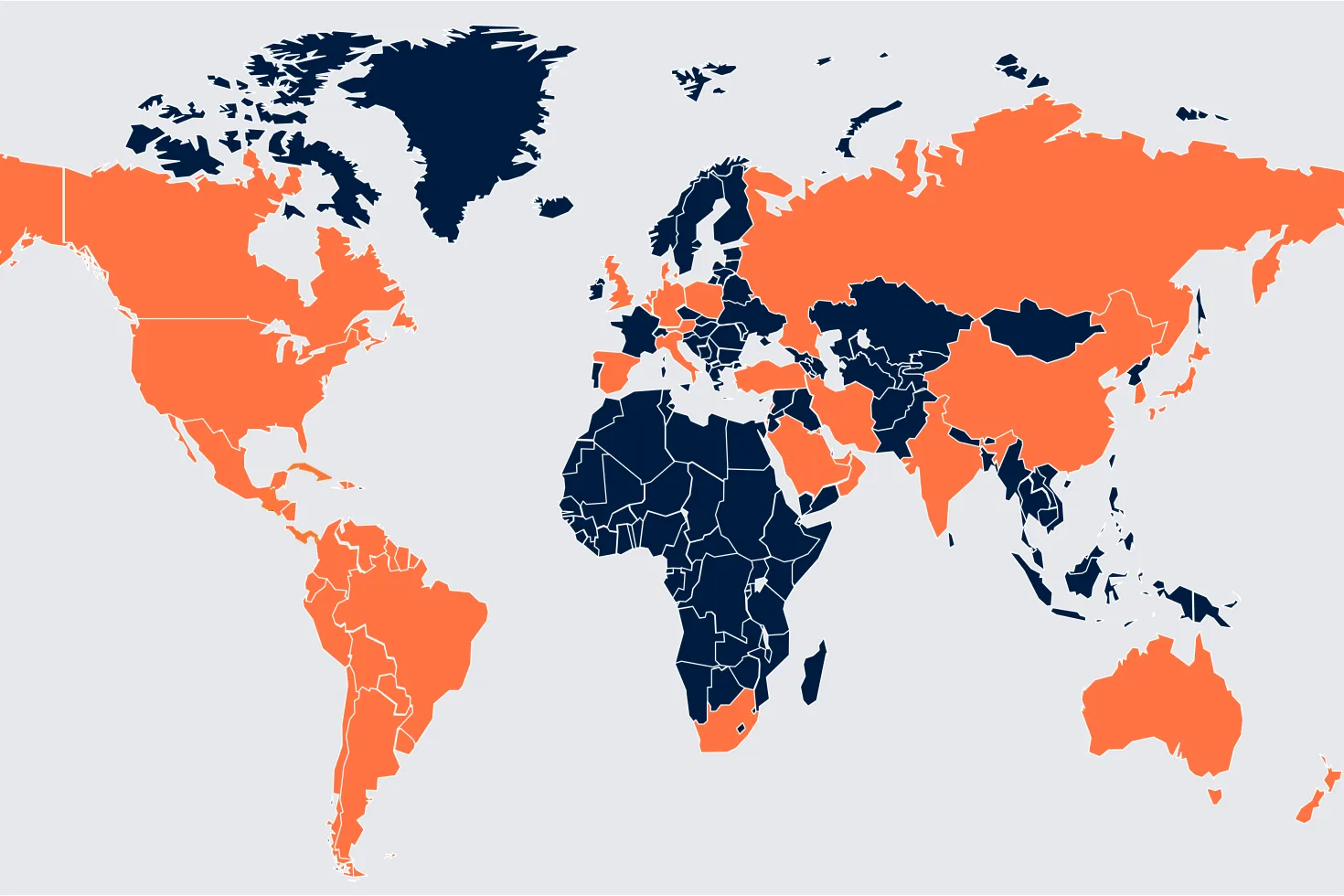
Find out more how the TNM classification is defined and updated

Editions of the TNM Classification of Malignant Tumours

eCancer and UICC jointly produced a set of 7 modules on TNM staging

Do you have questions on cancer staging?
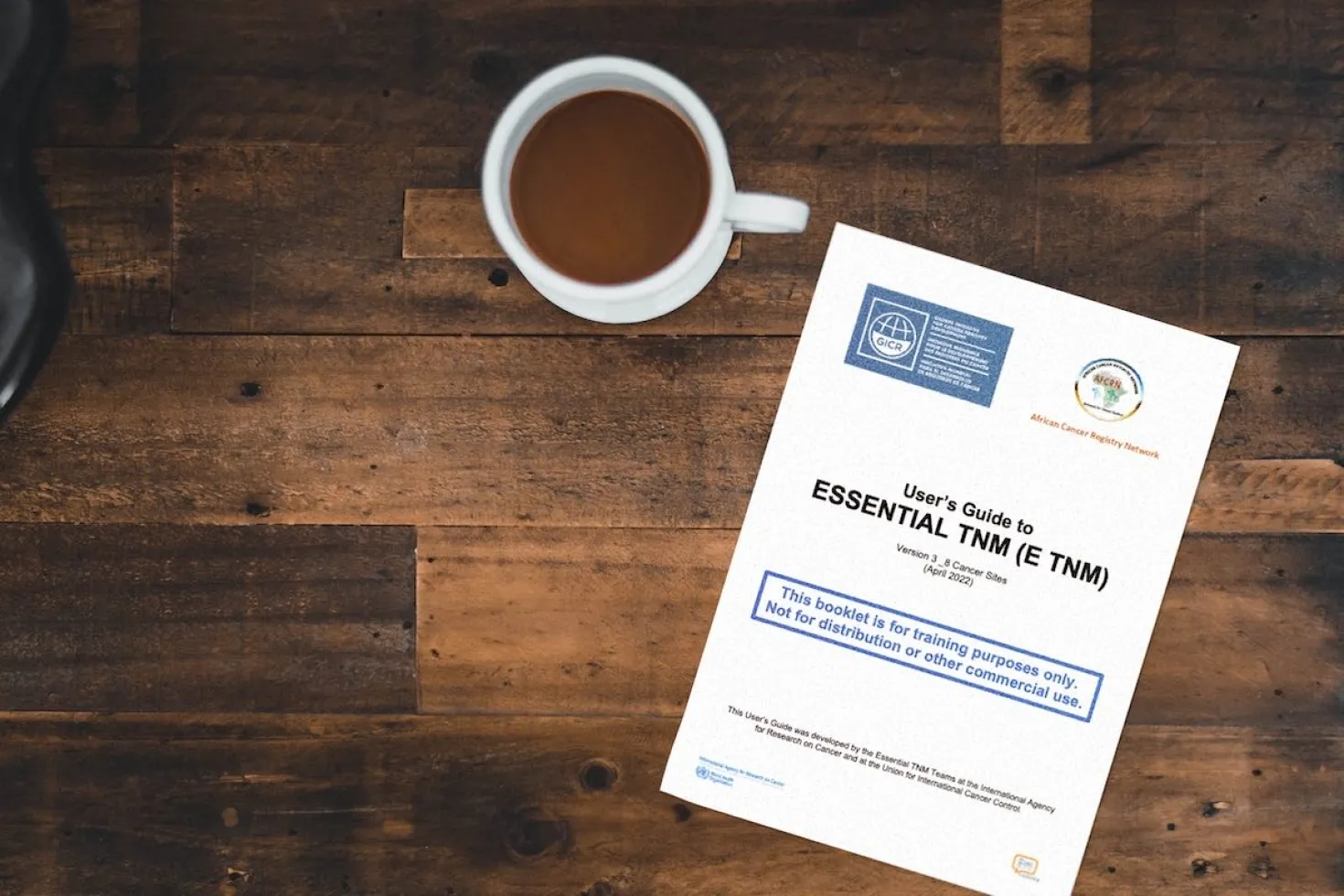
Information on anatomical extent of disease at presentation or stage is central to cancer surveillance
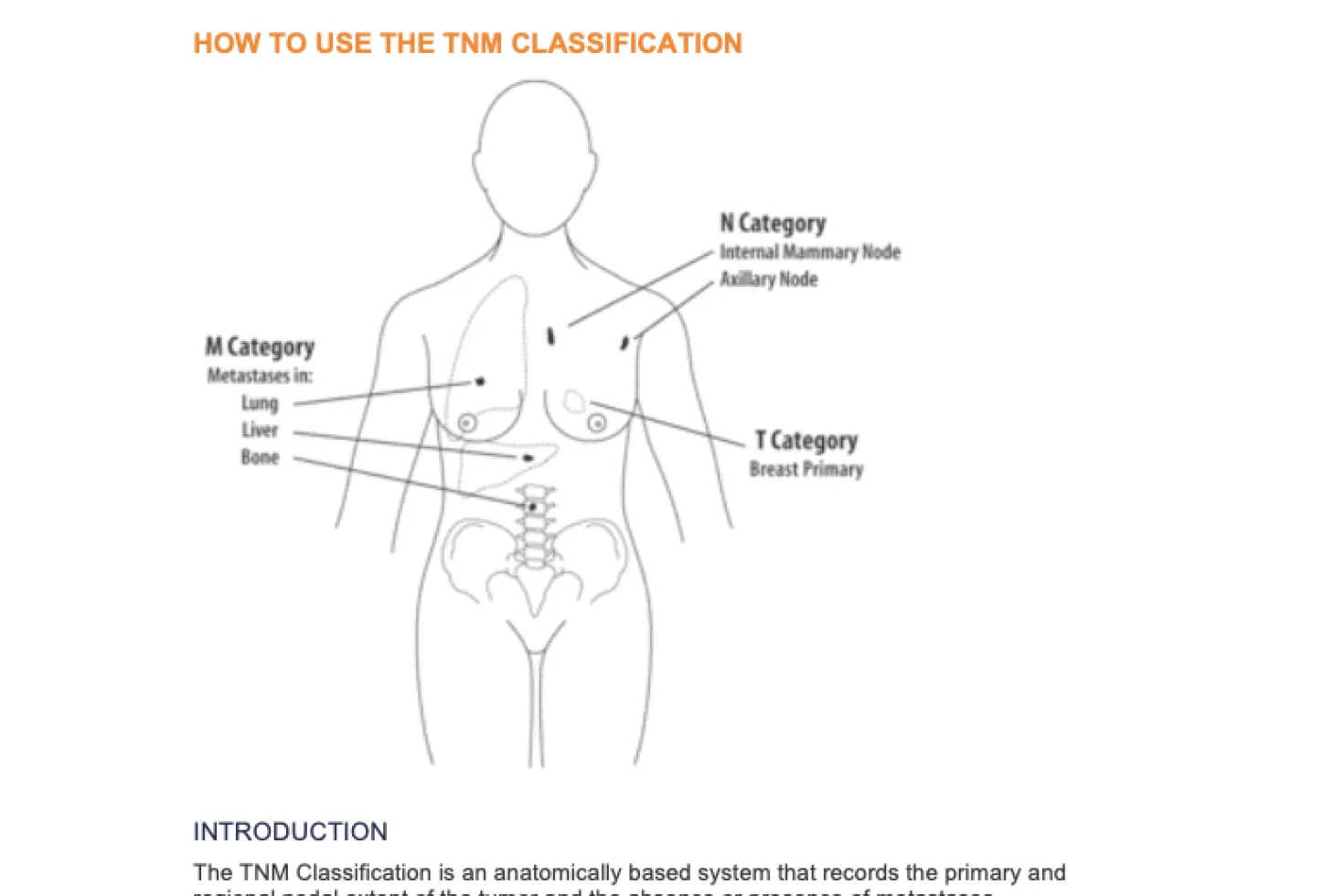
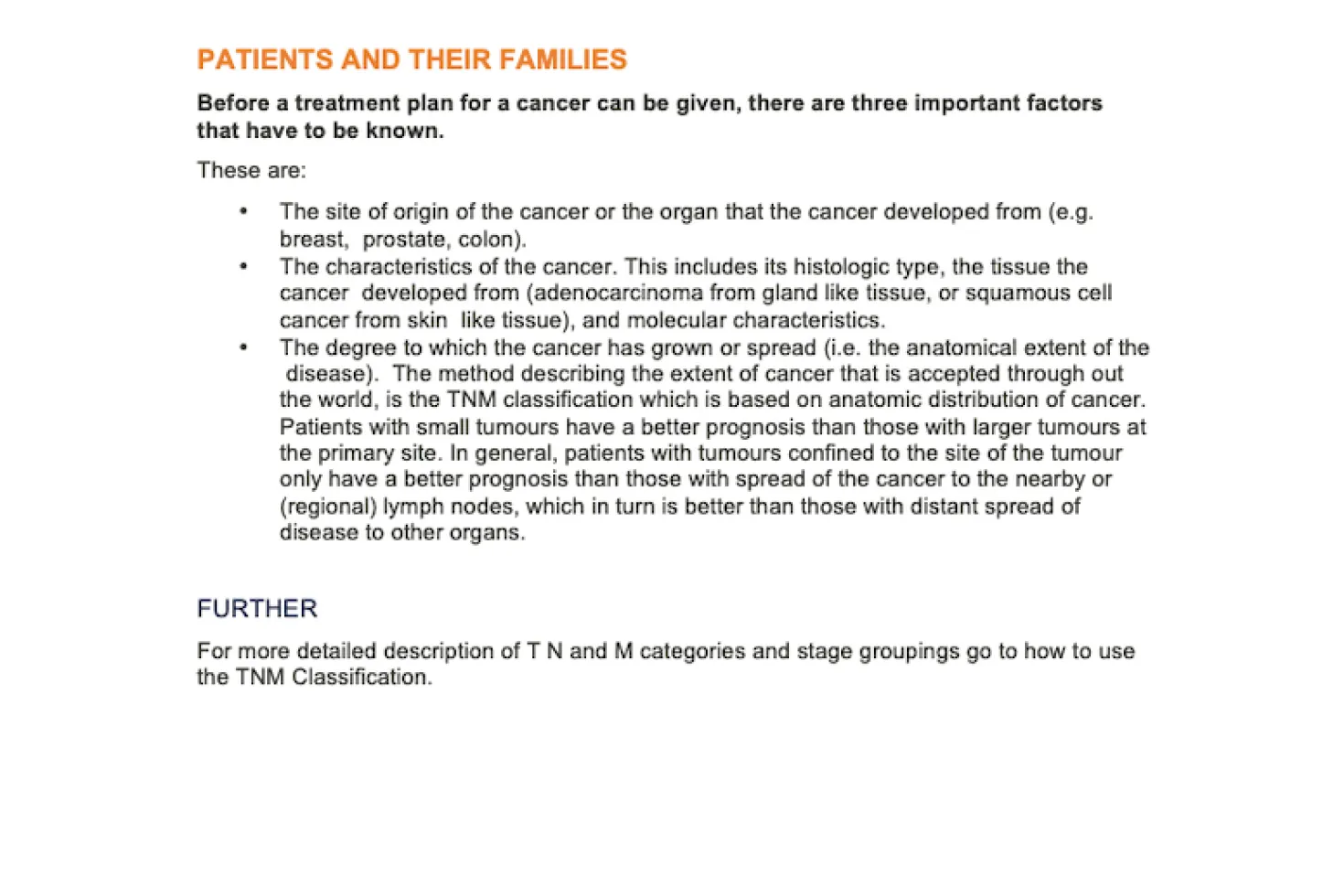
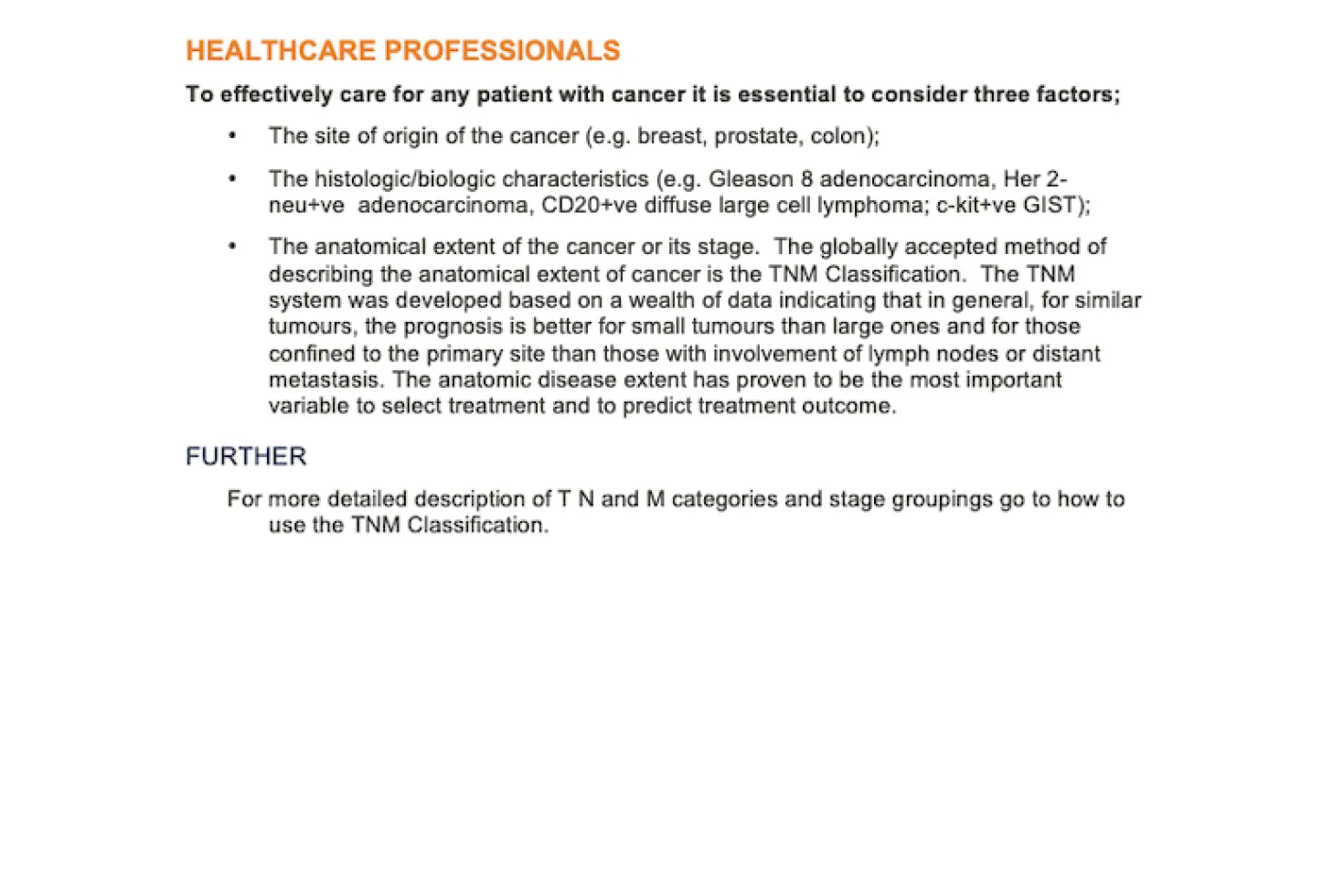
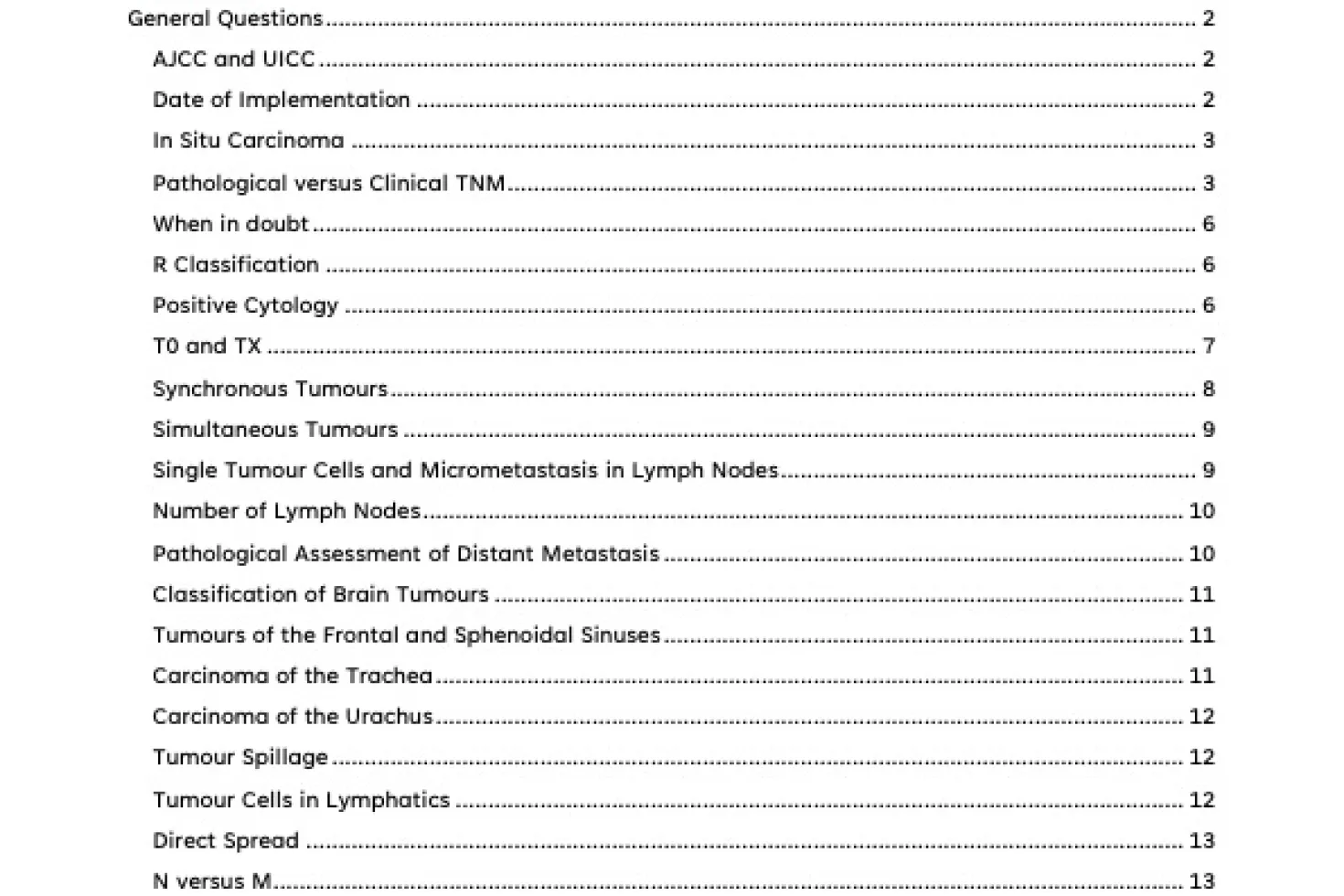

UICC fosters a learning culture across the cancer community, encourages collaboration and provides a range of knowledge sharing opportunities.
Sharing knowledge

UICC's Virtual Dialogues provide members, and the cancer community, with regular opportunities to connect, exchange knowledge, access expert insights, and share solutions from the comfort of one's office or home.
Virtual Dialogues

Established in 1962, the Fellowships is one of UICC's oldest and most established portfolio of programmes.
Fellowships
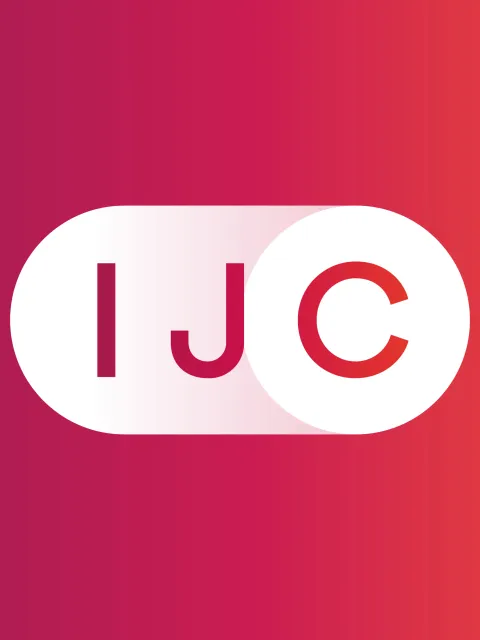
Learn more about the International Journal of Cancer and the JCO Global Oncology (JCO GO).
UICC journals
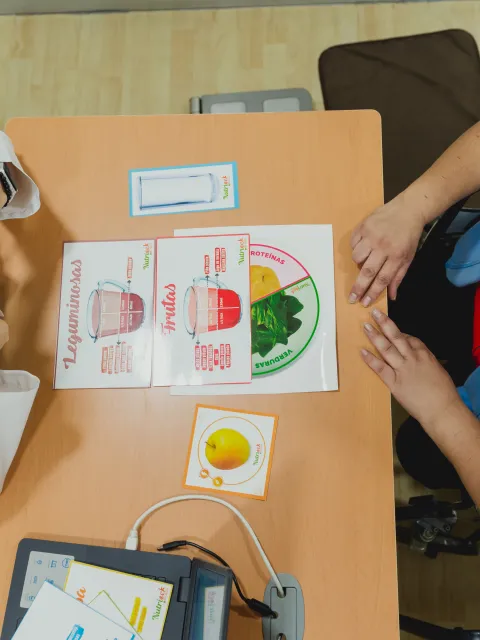
The Global Initiative for Cancer Registry Development (GICR) is a multi-partner response to the disparity in robust cancer statistics across the globe, led by the International Agency for Research on Cancer (IARC) and Union for International Cancer Control (UICC).
Global Initiative for Cancer Registries (GICR)
Last update
Thursday 03 July 2025